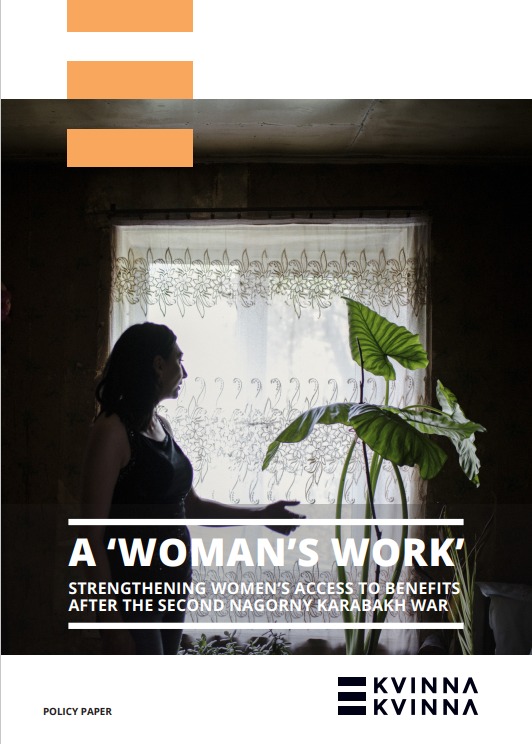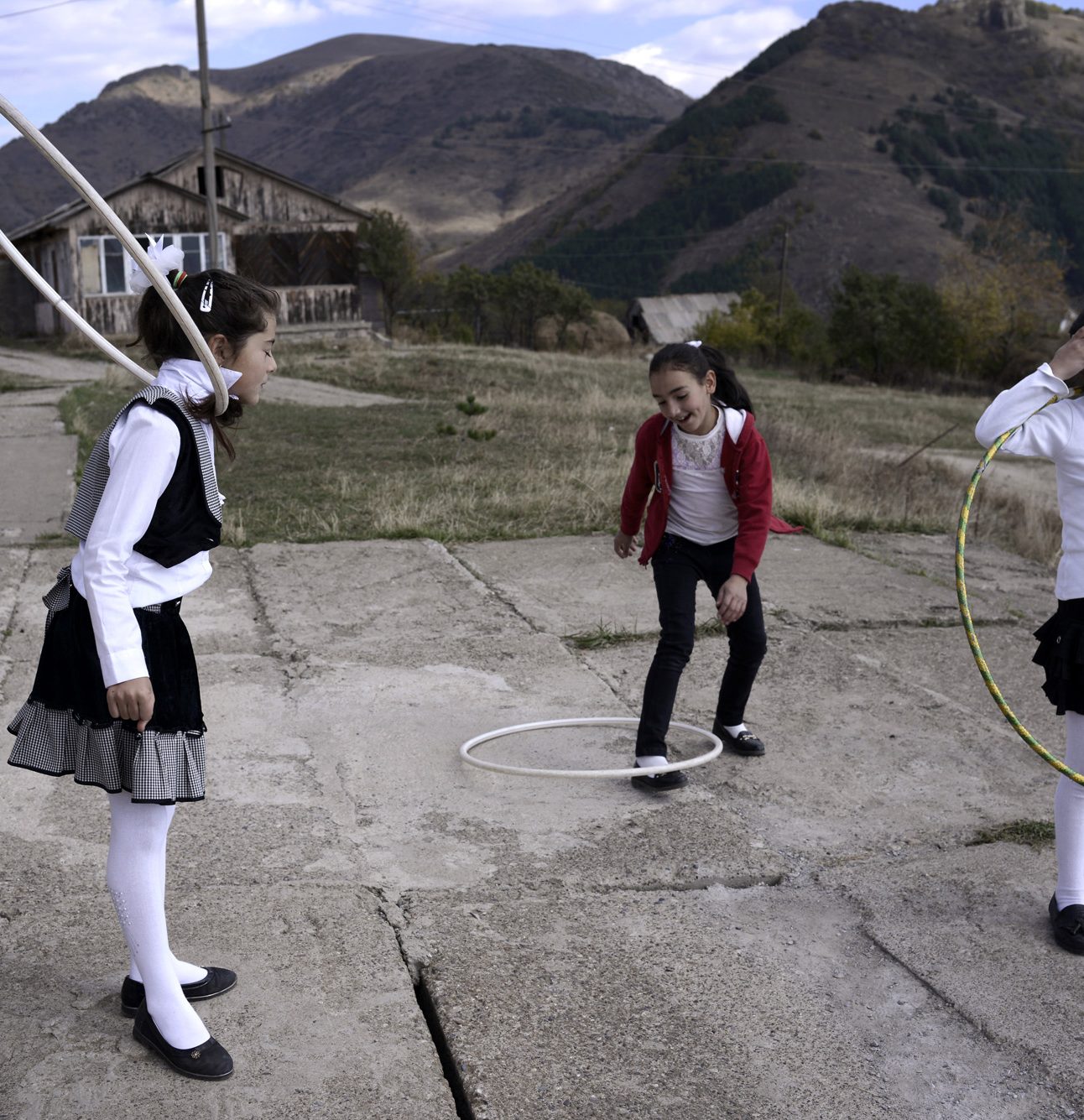The description of this project has been provided by Kvinna Till Kvinna.
About the project
This initiative worked through dialogue to create the opportunity for systematic, expert conflict analysis by and for women. The goal was to provide fresh analysis on the conflict and new ideas for peacebuilding, bringing concrete, localised evidence to diplomatic processes. In the long term, this would provide women opportunities for meaningful participation in building sustainable peace.
This built on Kvinna till Kvinna’s previous work with women in the region, but in the new realities that came after 2020. As before, the starting point was to provide women peacebuilders and human rights defenders with access to safe spaces and communication channels. This would support their work in collecting and analysing evidence-based data in the most vulnerable communities.
Collecting evidence
The first step was to set up Advisory Groups of women peacebuilders, human rights defenders and women peacebuilding activists on all sides of the Nagorny Karabakh conflict divide, including those representing specific groups such as internally displaced people (IDP) or refugee communities, border communities and people from regions affected by conflict.
The Advisory Groups serve as a hub of gendered expertise to collect and analyse evidence based data from communities affected by conflict, looking at the challenges around conflict resolution and the opportunities for ensuring security and stability in future. Through their expertise, the groups were able to influence other experts by promoting a focus on gender in mainstream discussions.
New ideas
The evidence collected by the Advisory Groups was organised into various themed outputs, including needs assessments, studies, policy/opinion papers, journalist toolkits, podcasts and analyses. These then fed into discussions looking for creative solutions to core issues around the conflict and peace processes.
This dialogue took place through national incubators for ideas and through feminist peace labs and peacebuilding hackathons. These served as specialised safe space meetings across the conflict divide for women peacebuilders and human rights defenders.
Successes and challenges
The two most critical challenges for the initiative were the Second Karabakh War and the Covid-19 pandemic. As well as creating security issues, both had an impact on levels of communication and trust. Despite this there were successful outcomes from the project.
One outcome was in founding, and continuing to strengthen, two solid groups of women human rights defenders, one in Azerbaijan and one in Armenia. The Azerbaijani group was recognised by the authorities and engaged in key ongoing post-war processes and has become a political actor. The Armenian group has become a strong network of women human rights defenders and has served as a self-help group to provide safe space and promote engagement among the activist community.
Another outcome is the production of gendered analysis and needs assessments which have since been built upon in policy briefs and research papers. This analysis has been included in evidence-based advocacy efforts among key EU officials in Brussels, including the EU Special Representatives.
Photograph by Orkhan Sultanov


